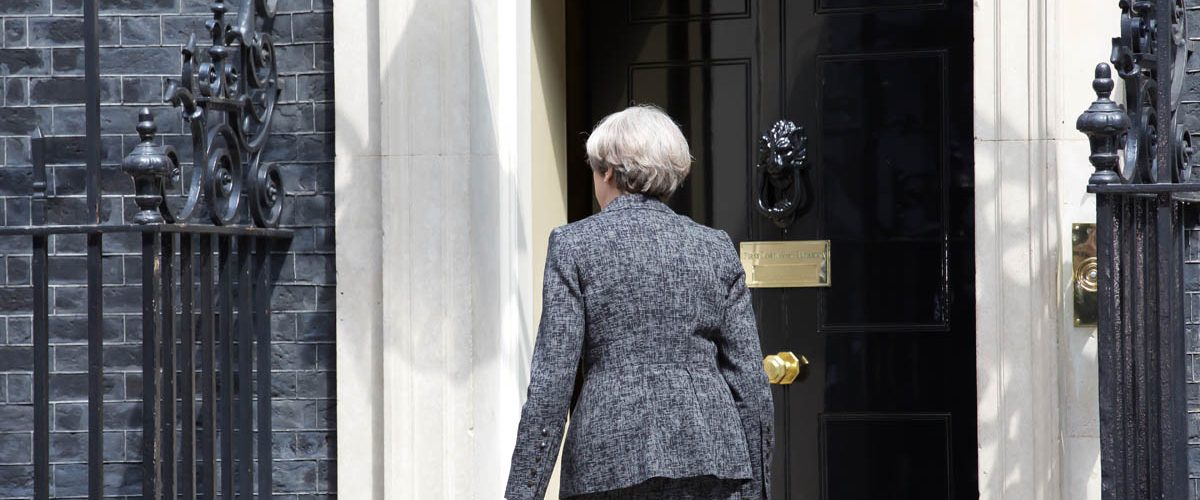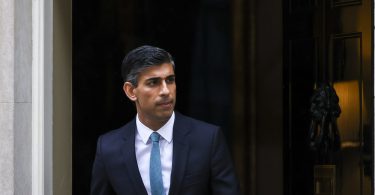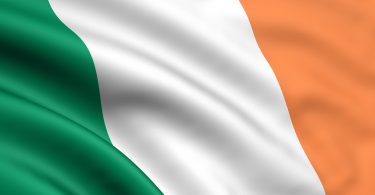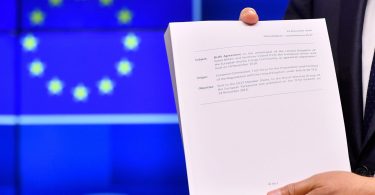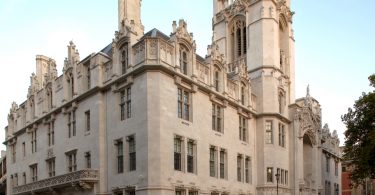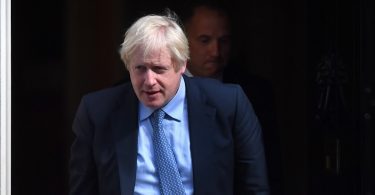Lawyers for Britain Chairman Martin Howe QC has prepared a Chequers Briefing Memo which assesses the details of the Chequers Statement from HM Government . Although the statement is brief and lacks much of the detail which is expected to be in the government’s White Paper to be published next week, some of his key conclusions are:-
- The Chequers proposals would involve the permanent continuation in the UK of all EU laws which relate to goods, their composition, their packaging, how they are tested etc etc in order to enable goods to cross the UK/EU border without controls. All goods manufactured in the UK for the UK domestic market, or imported from non-EU countries, would be permanently subject to these laws.
- There would be a general obligation to alter these laws in future whenever the EU alters its own laws, with a mechanism for Parliament to block such changes which is probably theoretical rather than practical.
- This would put the EU in a position to fashion its rules relating to goods so as to further the interests of continental producers against UK competitors, when we will have no right to vote on those rules.
- The obligation to follow the EU rulebook for goods would gravely impair our ability to conduct an independent trade policy. In particular, it will prevent us from including Mutual Recognition Agreements for goods in trade treaties and this is likely to destroy the prospect of successfully achieving meaningful agreements with some of the prime candidates such as the USA and Australia.
- The ECJ jurisdiction proposals would put us in the same position as Moldova, an applicant/supplicant state which is willing to accept binding ECJ rulings on the conformity of its laws with EU law as part of the preparations for its accession. Quite why this is thought to be a suitable model for a country which has left the EU and is the 5th largest economy in the world is unclear. The supremacy of the UK courts over laws in the UK would not be restored, contrary to the claim made in para 6(g) of the Chequers statement.
- The new “Facilitated Customs Arrangement” seeks to solve one of the problems of the NCP (collection of EU level tariffs with rebate system on goods destined for the UK market) by imposing on UK-destined goods the administrative burdens of a tracking system. This would (1) increase the likelihood of this system being found in breach of the national treatment principle in GATT Art.III, and (2) apparently extend yet further the timescale for implementation of this Heath Robinson system, locking the UK in the mean time into the EU’s common external tariff, preventing the electorate from benefiting from Brexit in time for the next General Election.
- However, there is no indication at least from what has been made public that the FCA has solved or alleviated any of the other problems of the NCP proposal. It is not clear how the problem of rules of origin controls on UK manufactured goods imported into the EU will be addressed in the absence of customs controls on the UK/EU border, or how this issue can be solved in compliance with WTO rules.
- These proposals will not be accepted by the EU since in their perception they amount to unacceptable “cherry picking” of the “benefits” of the single market. However the EU is unlikely to reject the UK’s position outright, but will instead keep the UK inside a “lobster pot” where it negotiates rather than prepaing for no-deal. When the negotiation time runs down, the EU will then demand huge last minute concessions in return for not taking away the transition period.
- These proposals therefore lead directly to a worst-of-all-worlds “Black Hole” Brexit where the UK is stuck permanently as a vassal state in the EU’s legal and regulatory tar-pit, still has to obey EU laws and ECJ rulings across vast areas, cannot develop an effective international trade policy or adapt our economy to take advantage of the freedoms of Brexit, and has lost its vote and treaty veto rights as an EU Member State.

